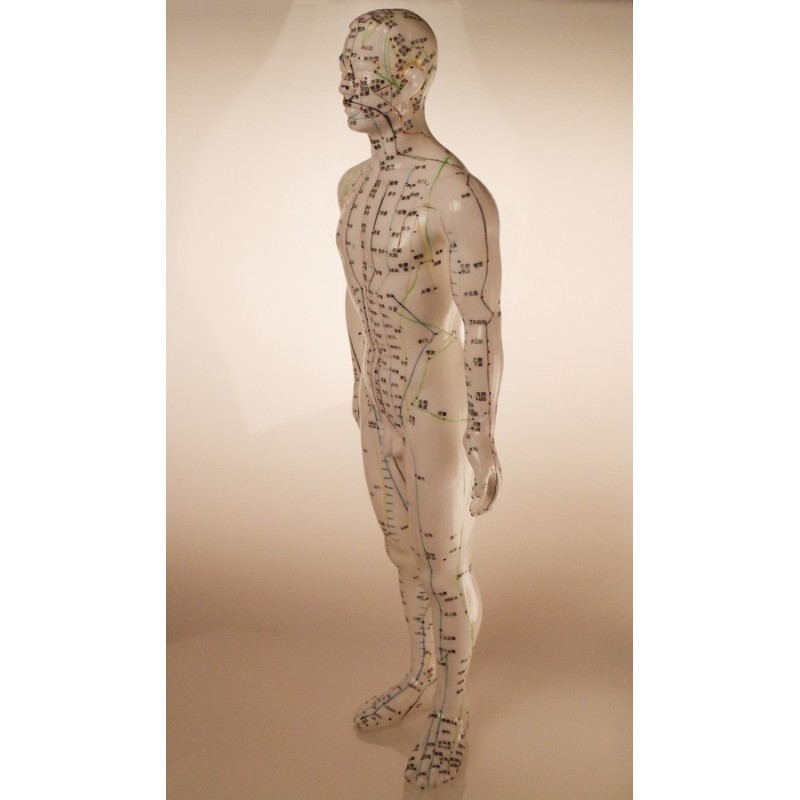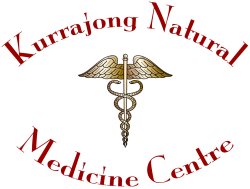Recent Research on How Acupuncture Works
Acupuncture has been used for thousands of years in traditional Chinese medicine to treat a variety of conditions, and its effectiveness has been supported by numerous studies. However, the exact mechanisms by which acupuncture works are still not fully understood, and research in this area is ongoing.
One theory is that acupuncture works by stimulating the release of endorphins, which are natural pain-relieving chemicals produced by the body. Studies have shown that acupuncture can increase the levels of endorphins in the body, which may help to reduce pain and promote relaxation.
Another theory is that acupuncture works by modulating the autonomic nervous system, which controls many of the body’s involuntary functions, such as breathing, heart rate, and digestion. Acupuncture has been shown to affect the activity of the sympathetic and parasympathetic nervous systems, which are responsible for the “fight or flight” and “rest and digest” responses, respectively. This may help to balance the body’s functions and improve overall health.
Recent research on how acupuncture works has also suggested that acupuncture may work by affecting the connective tissue in the body, which plays an important role in transmitting signals between different parts of the body. Acupuncture may help to stimulate the production of extracellular matrix proteins, which are involved in the formation and maintenance of connective tissue. This may help to improve the flow of Qi, or vital energy, through the body and promote healing. (Click this link to find out what Qi is)
While the exact mechanisms on how acupuncture works are still not fully understood, research suggests that it may work by affecting multiple systems in the body, including the nervous system, endocrine system, immune system, and connective tissue.

Findings of Recent Research on How Acupuncture Works

- Modulation of the nervous system: Acupuncture has been shown to affect the activity of the sympathetic and parasympathetic nervous systems, which regulate many of the body’s involuntary functions. Studies have shown that acupuncture can stimulate the release of neurotransmitters, such as serotonin, dopamine, and norepinephrine, which can help to reduce pain and promote relaxation. Acupuncture may also affect the hypothalamus-pituitary-adrenal (HPA) axis, which plays a key role in the body’s stress response.
- Regulation of the immune system: Acupuncture has been shown to modulate the activity of the immune system, including the production of cytokines and other immune cells. Studies have shown that acupuncture can increase the production of anti-inflammatory cytokines, such as IL-10 and IL-1Ra, while reducing the production of pro-inflammatory cytokines, such as IL-1β and TNF-α. Acupuncture may also help to increase the activity of natural killer cells, which play an important role in fighting off infections and cancer.
- Effects on connective tissue: Recent research has suggested that acupuncture may affect the extracellular matrix (ECM) in the body, which is a complex network of proteins and other molecules that provides structural support to cells and tissues. Acupuncture may help to stimulate the production of ECM proteins, such as collagen and elastin, which can improve the elasticity and flexibility of the connective tissue. This may help to improve the flow of Qi, or vital energy, through the body and promote healing.
- Influence on the brain: Acupuncture has been shown to affect the activity of different areas of the brain, including the limbic system, which is involved in regulating emotions, and the default mode network, which is associated with self-referential thinking. Studies have shown that acupuncture can modulate the activity of these brain regions, which may help to improve mood and reduce stress.
The latest research on how acupuncture works suggests that it may affect multiple systems in the body, including the nervous system, immune system, and connective tissue, as well as the endocrine system. These effects may help to reduce pain, improve immune function, and promote overall health and well-being. However, more research on how Acupuncture Works is needed to fully understand the mechanisms by which acupuncture works. It’s important to note that acupuncture should be performed by a qualified and registered Acupuncturist (NOT dry needling) to ensure safety and effectiveness.
Search PubMed for studies into the effectiveness of acupuncture.
Disclaimer
Disclaimer information for users of the Kurrajong Natural Medicine Centre, Namaste Yoga Kurrajong and The Herbal Health Coach website.
Page last updated: 26th June 2020
Information provided for education and research information only
The information on this website is presented by Kurrajong Natural Medicine Centre for the purpose of disseminating health information free of charge for the benefit of the public.
While Kurrajong Natural Medicine Centre has exercised due care in ensuring the accuracy of the material contained on this website, the information on the site is made available on the basis that Kurrajong Natural Medicine Centre is not providing professional advice on a particular matter.
This website is not a substitute for independent professional advice. Nothing contained in this site is intended to be used as medical advice and it is not intended to be used to diagnose, treat, cure or prevent any disease, nor should it be used for therapeutic purposes or as a substitute for your own health professional’s advice.
Kurrajong Natural Medicine Centre does not accept any liability for any injury, loss or damage incurred by use of or reliance on the information provided on this website.
Quality of information
Kurrajong Natural Medicine Centre makes every effort to ensure the quality of the information available on this website and updates the information regularly. Before relying on the information on this site, however, users should carefully evaluate its accuracy, currency, completeness and relevance for their purposes, and should obtain any appropriate professional advice relevant to their particular circumstances. Kurrajong Natural Medicine Centre cannot guarantee and assumes no legal liability or responsibility for the accuracy, currency, completeness or interpretation of the information.
The material may include the views or recommendations of third parties and does not necessarily reflect the views of Kurrajong Natural Medicine Centre or indicate a commitment to a particular course of action.
Links to other websites
This website contains links to other websites which are external to Kurrajong Natural Medicine Centre. Kurrajong Natural Medicine Centre takes reasonable care in selecting linking websites but Kurrajong Natural Medicine Centre accepts no responsibility for material contained in a website that is linked to this site. It is the responsibility of the user to make their own decisions about the accuracy, currency, reliability and correctness of information contained in linked external websites.
Links to external websites are provided for the user’s convenience and do not constitute an endorsement or a recommendation of any third party products or services offered by virtue of any information, material or content linked from or to this site. Users of links provided by this site are responsible for being aware of which organisation is hosting the site they visit.
Views or recommendations provided in linked sites may include the views or recommendations of third parties and do not necessarily reflect those of Kurrajong Natural Medicine Centre or indicate a commitment to a particular course of action. .



